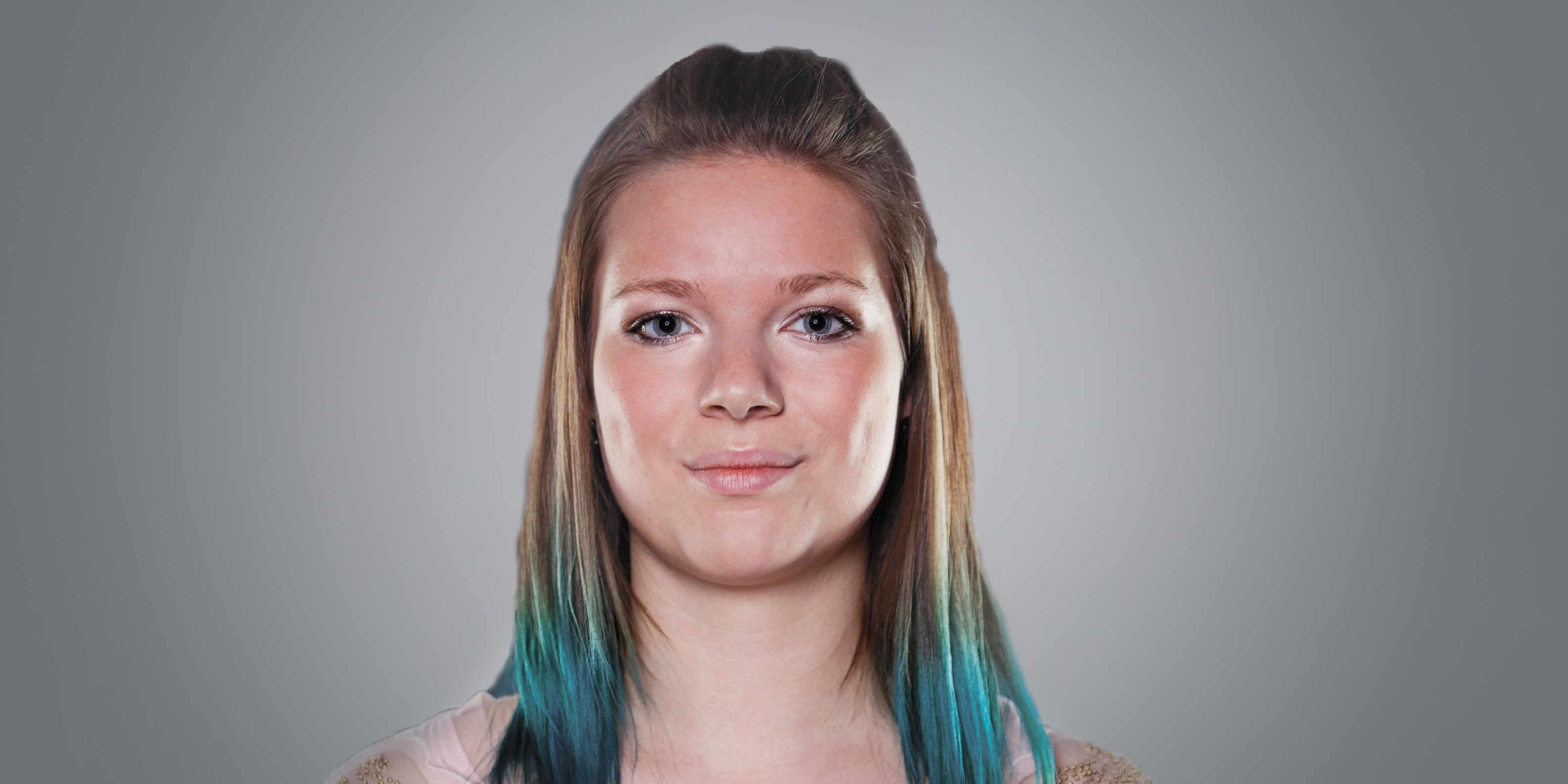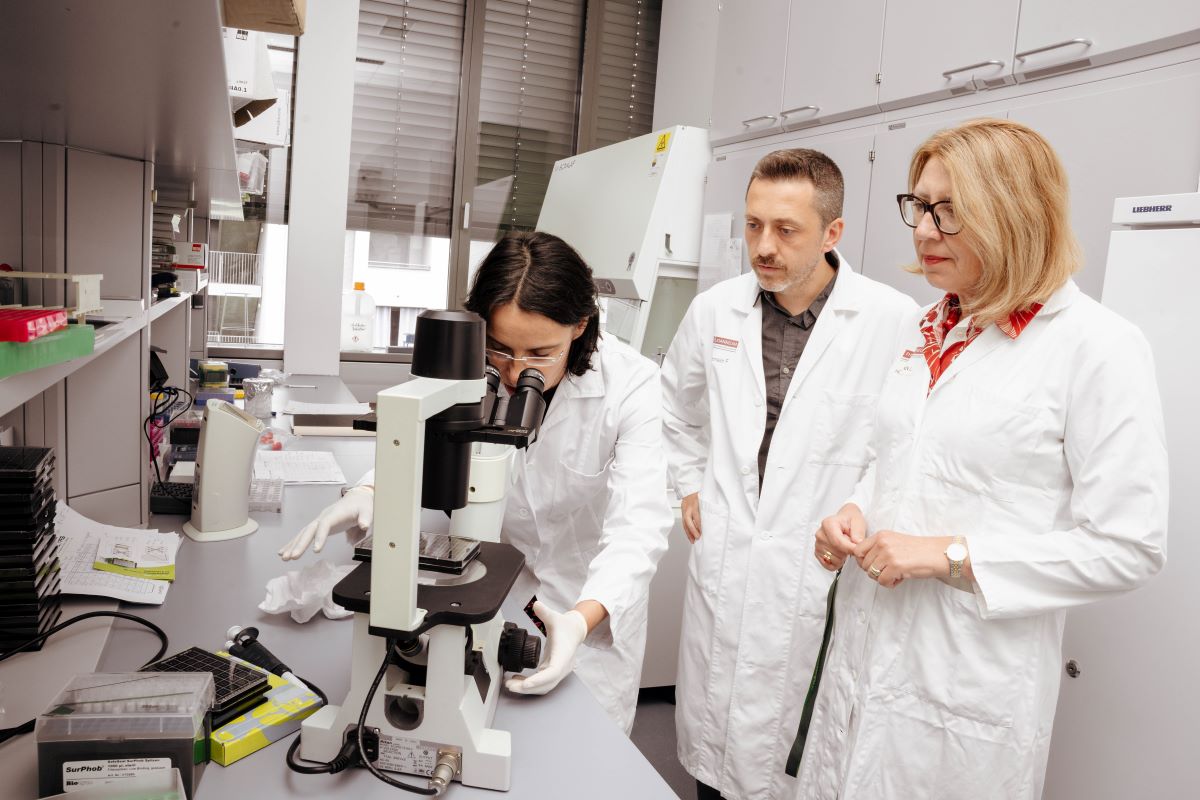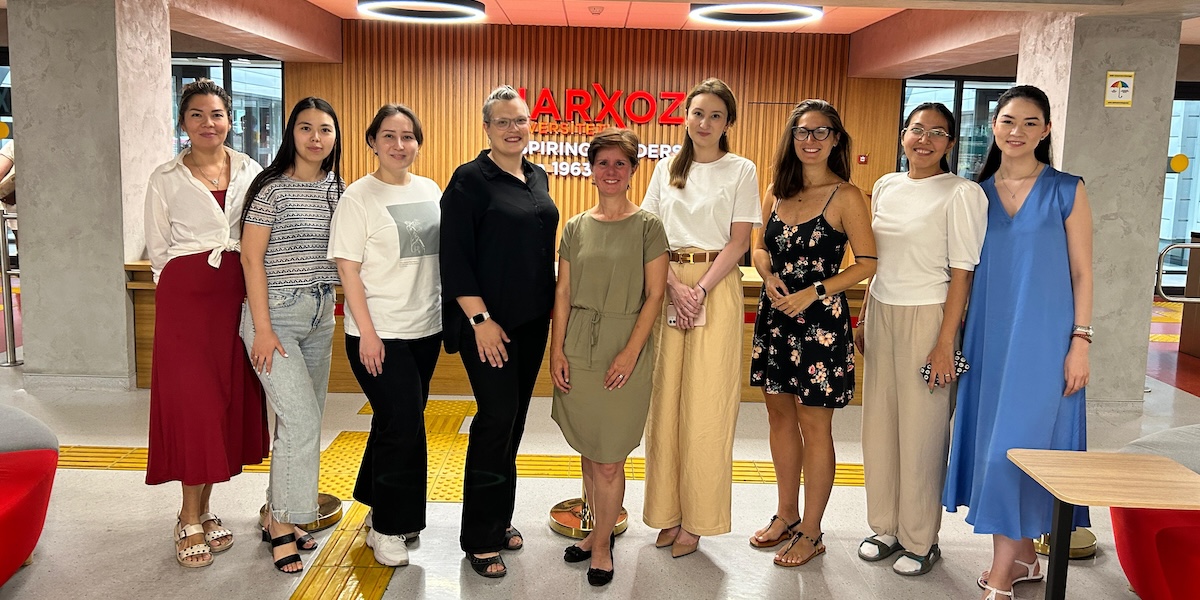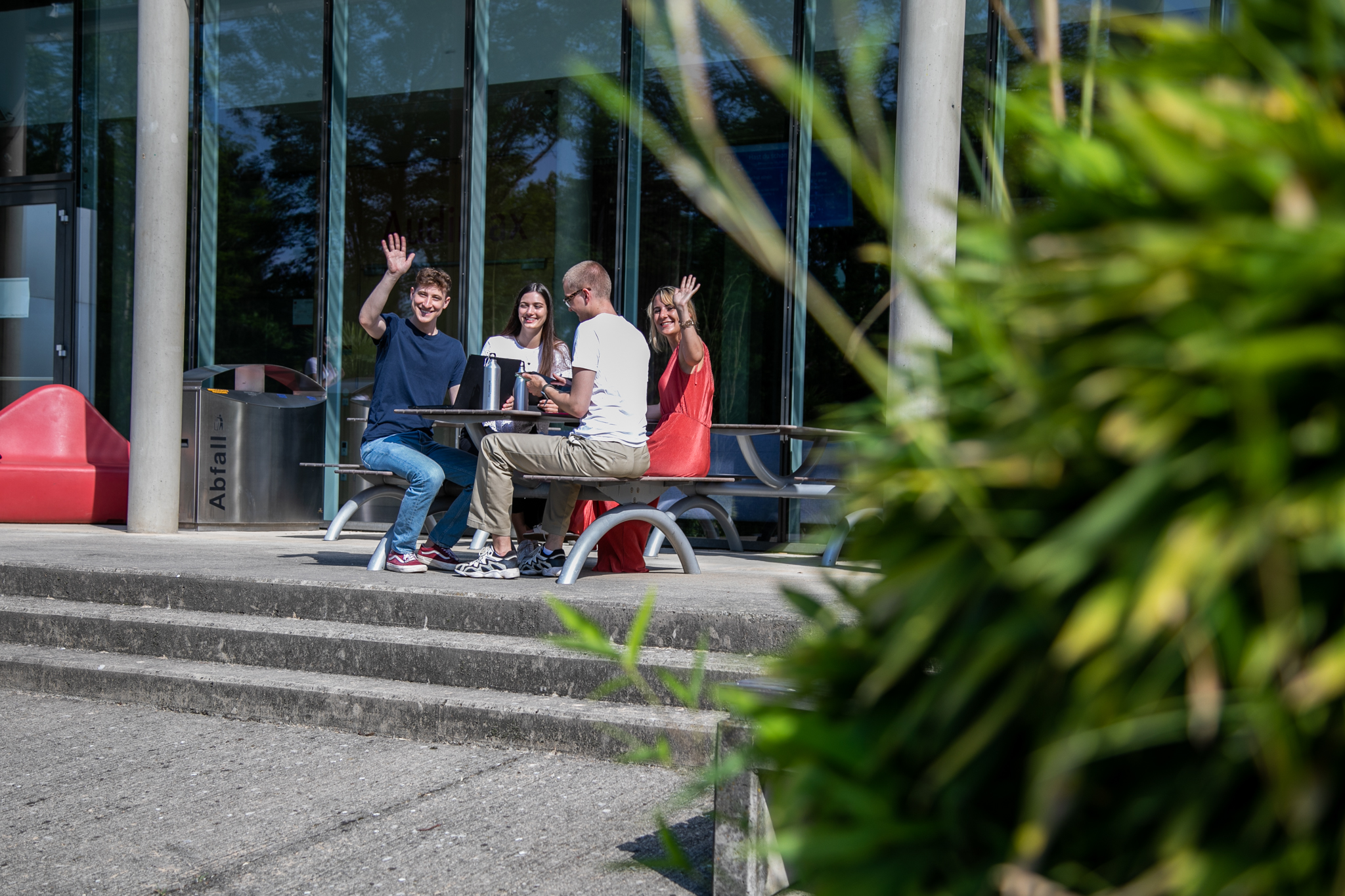Valerie Quade studied Sound Design. With her master’s thesis she has won numerous international awards.
Interview with Sound Design Graduate Valerie Quade
FH JOANNEUM, 06. May 2020
What was the most appealing thing about the project for you, and what is it about?
Valerie Quade: In my master’s thesis I analyzed the acoustic environment of our cities, and wrote a guide for people who would like to know more about the topic (professionally), but lack specific knowledge about the topic. Until a few years ago, the acoustic urban space was completely neglected by designers. Although noise protection measures have been mandated in accordance with technical noise measurements, the protection measures do not always make sense in terms of a balanced living space, and often make construction projects considerably more difficult. So far, city councillors, architects and planners have had little or no time available for sustainable, acoustic urban planning, and that is what I wanted to change. My product, an engaging brochure, is available digitally, and could also be distributed as a printed version in the future. The great amount of interest in the thesis from many different people especially excited me: from the Department of Noise Protection to professors of Transport Planning, to building contractors and many people in the city who have been interested in this topic for a long time.
What is the next step?
At the moment I am working as a media teacher in a games library. I organize events there, lead workshops on digital games and game design, and develop barrier‒free board games. So, I have moved away from sound for the time being. However, next year I will once again be more involved in soundscape projects in the city due to the Graz Cultural Year.
Why did you choose sound design?
I originally wanted to study game design, but due to some ultimately serendipitous detours, I ended up in the Film & Sound bachelor’s program at the Dortmund University of Applied Sciences and Arts, where I was educated as a sound designer for films. Seppo Gründler, then head of the master’s program in Communication, Media, Sound and Interaction Design, introduced the partner university FH JOANNEUM in Dortmund in 2015, and the contents of this program appealed to me. I was particularly attracted by the specialization in Acoustic Ecology, i.e. the teaching of sounds in our environment. I wanted to get away from film; it can be very exciting and versatile in terms of design, but sound design has even more potential. This master’s program offered a very broad spectrum of teaching, and that fact quickly convinced me.
Why would you recommend this program?
The Master’s in Sound Design is what students make of it. During the semester you have a primary supervisor who supports and assesses your main projects as a mentor, and also recommends rooms, experts or technology. In this way I was able to produce for example a 3D radio drama, which has won many international awards. Every week I would meet with my supervisor, a professor at the Graz University of Music and Performing Arts (KUG),
and together we discussed both creative and technical problems until the radio drama was finished. However, my fellow students did completely different projects with different supervisors; everyone gets a supervisor who suits him or her. In this way you can decide what direction your studies take, which guarantees that they remain fulfilling and interesting. It is also possible to reduce your course load if you have less time to study for some reason. Due to this flexibility and the broad spectrum of teaching, I fully recommend the Master’s in Sound Design. You have to be prepared to work hard for a good portfolio, but that hard work is rewarded. I would especially like to emphasize the successful cooperation with the KUG and the students of the Sound Engineering program, who were also our student representatives. Through them we once again received completely differ- ent technical and creative possibilities, which are unique in Europe.










